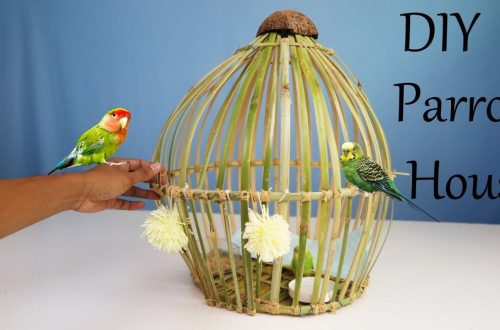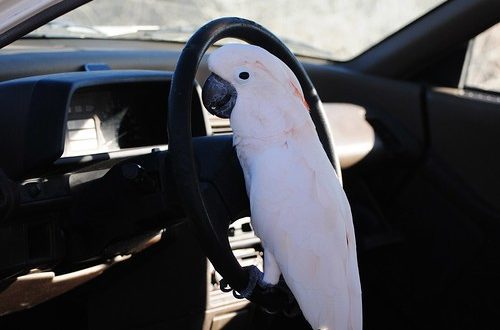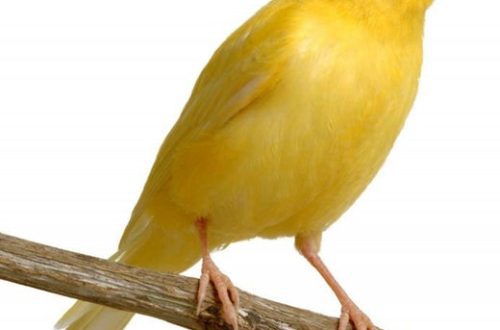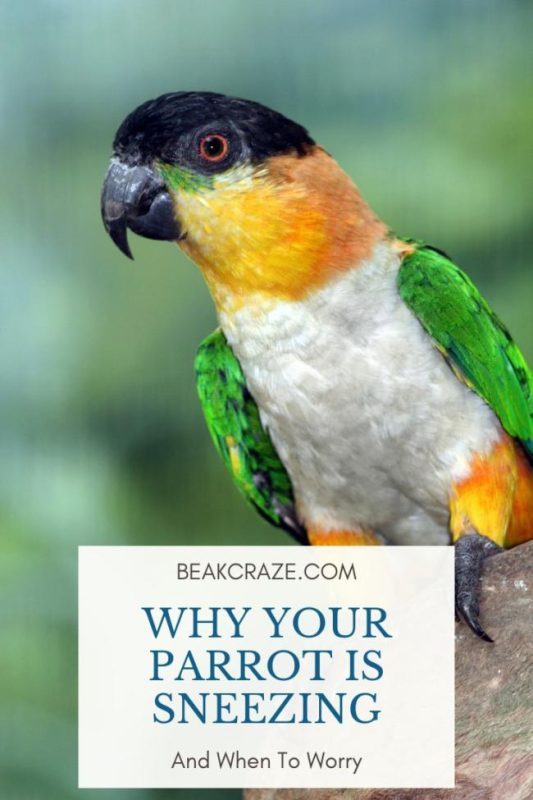
Parrot sneezes – what to do?
If the parrot’s sneezing is not episodic, it may be a symptom of a cold or a more serious illness. Any indisposition of the bird requires decisive and quick action on the part of the owner.
The body of a parrot can fight the disease alone for some time, without showing external signs of malaise, but as soon as the immune system “capitulates”, symptoms in the form of sneezing begin to appear, then lethargy, lack of appetite may follow, a wet path can be seen around the nostrils of the parrot, the bird sometimes shakes his head, tries to clear his nasal passages with his claws, or rubs against surrounding objects. There may be swelling around the nose and inflammation of the eyes.
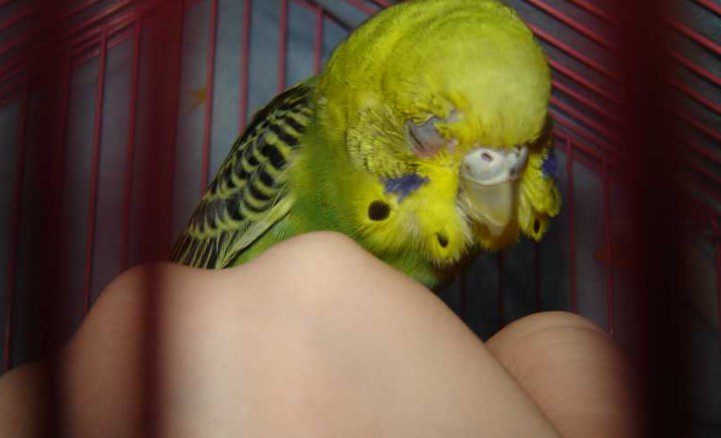
If you have more than one parrot, then the sick one needs to be quarantined.
It is important at the first signs of a bird’s illness that you notice, urgently contact an ornithologist. This may be a stage in the progression of the infection, and the feathered metabolic rate in this case does not play into our hands.
The longer the delay with the treatment of the bird, the less likely it is to save her life.
What to do if the parrot sneezes. First of all, do not panic, but call an ornithologist or take your pet to an appointment. If you do not have a bird specialist in your city, you need to contact specialists from other cities or search for them via the Internet. Record the behavior of the parrot on video, take a picture of the litter and describe in detail the age, type and conditions in which the bird lives.
There can be several reasons why a parrot sneezes:
- to clean the nasal passages from dust or seed husks, a parrot may sneeze several times;
- during molting or after cleaning the feathers, the bird sneezes from its own fluff, feathers and dandruff – these are “dry” sneezes, without splashes from nasal secretions. There is nothing wrong with them, it happens;
- “Wet” frequent sneezing can be a harbinger of the disease. During a walk, when a parrot sits on your shoulder, it sneezes and irrigates you with small sprays – this indicates irritation of its nasal passages. But if this doesn’t happen often, don’t worry.
Frequent “wet” sneezing should alert the owner.
Causes of “wet” sneezes:
- allergies (dandruff, smoke, dust, fumes from the kitchen or from cleaning products, poor hygiene, low-quality fruits and grain feed. It can also be too dry air, irritating the nasal mucosa, which becomes very sensitive, which leads to infections) ;
- bacterial, viral, fungal infections;
- vitamin A deficiency (responsible for the normal development of the mucous membranes, primarily the respiratory system);
- colds (respiratory diseases);
- foreign body;
- pincers;
- tumors.
Often the sneezing of a budgerigar speaks precisely of a bird’s cold. Drafts, lowering the temperature in the room, cold water in the bathing room and drinking bowl – all these factors can affect the bird’s body.
Symptoms of a cold: sneezing, mucous discharge from the nose, lethargy, apathy, loss of appetite, heavy breathing, increased body temperature of the bird. Also, the budgerigar, having fluffed up, hides its head under the wing, does not sleep on one leg, its droppings become liquid.
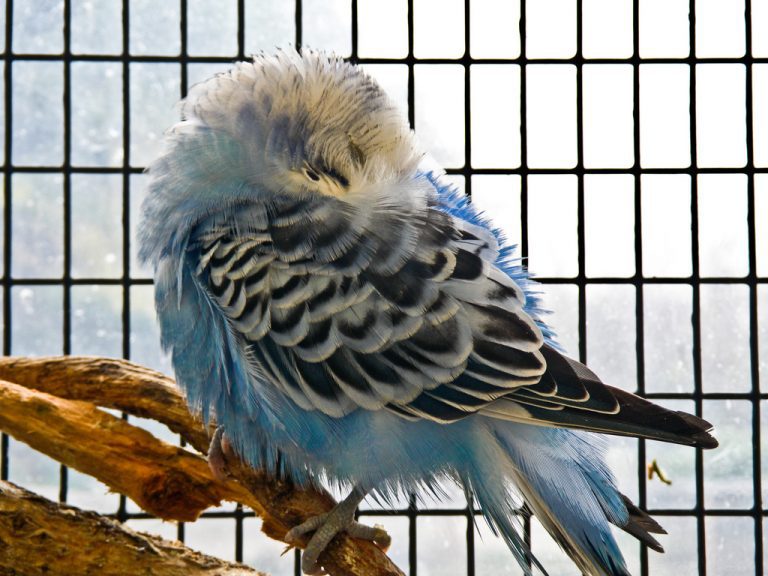
If this is true, then after relocating the parrot from other birds (if any), you need to carry out a number of health procedures:
- install the cage in a quiet and peaceful place;
- you need to drink infusion of chamomile (change the water every 2 hours), also give honey dissolved in warm water (a source of energy for the bird);
- in the absence of appetite, it is necessary to force-feed the bird from a syringe with a mixture for feeding chicks;
- the bird is heated under a conventional incandescent lamp 40-60W (or infrared). Throw fabric over half of the cage to create a shadow. If the bird, having warmed up, begins to breathe heavily, the procedure must be stopped and later carried out at a certain time interval;
- inhalation. Place a bowl of hot water under the cage, after dropping a few drops of eucalyptus or tea tree essential oil (250 drops per 5 g of water). The cage must be covered with a cloth along with the “inhaler”. Make sure the steam is not hot. The duration of the procedure is 10-15 minutes, the frequency is up to 2 times a day.
A more detailed and serious treatment is prescribed by an ornithologist. The bird may need a course of antibiotics. If this happens, then you will need drugs to restore the microflora of the bird’s gastrointestinal tract. Against the background of a weakened body, probiotics (Vetom1.1, Lineks) will support the immune system.
In case of any ailments of the bird, the owner needs to provide first aid to the parrot and contact the ornithologist. Only a qualified doctor will be able to correctly diagnose and prescribe treatment for your bird. Don’t wait for it to go away on its own. In the case of parrots, this does not happen.
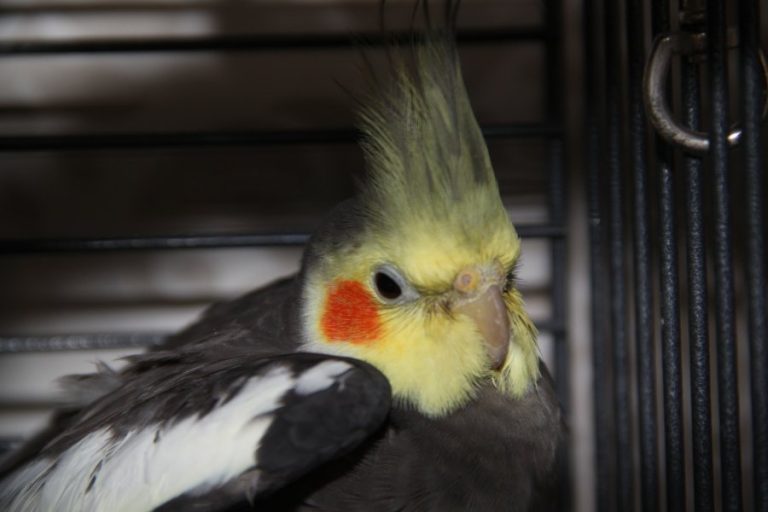
Be attentive to your pet, because its health, first of all, depends on the lifestyle that you, its owner, determine.



